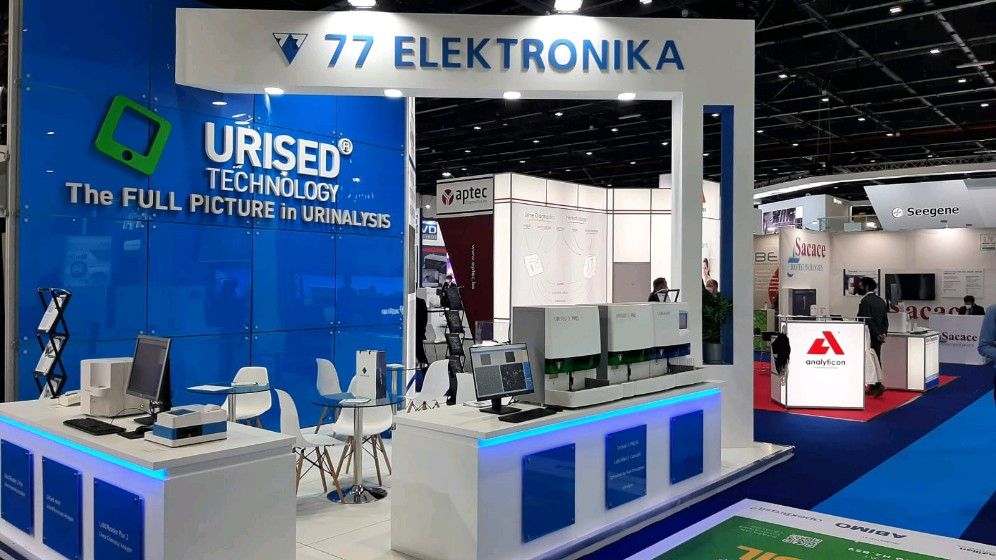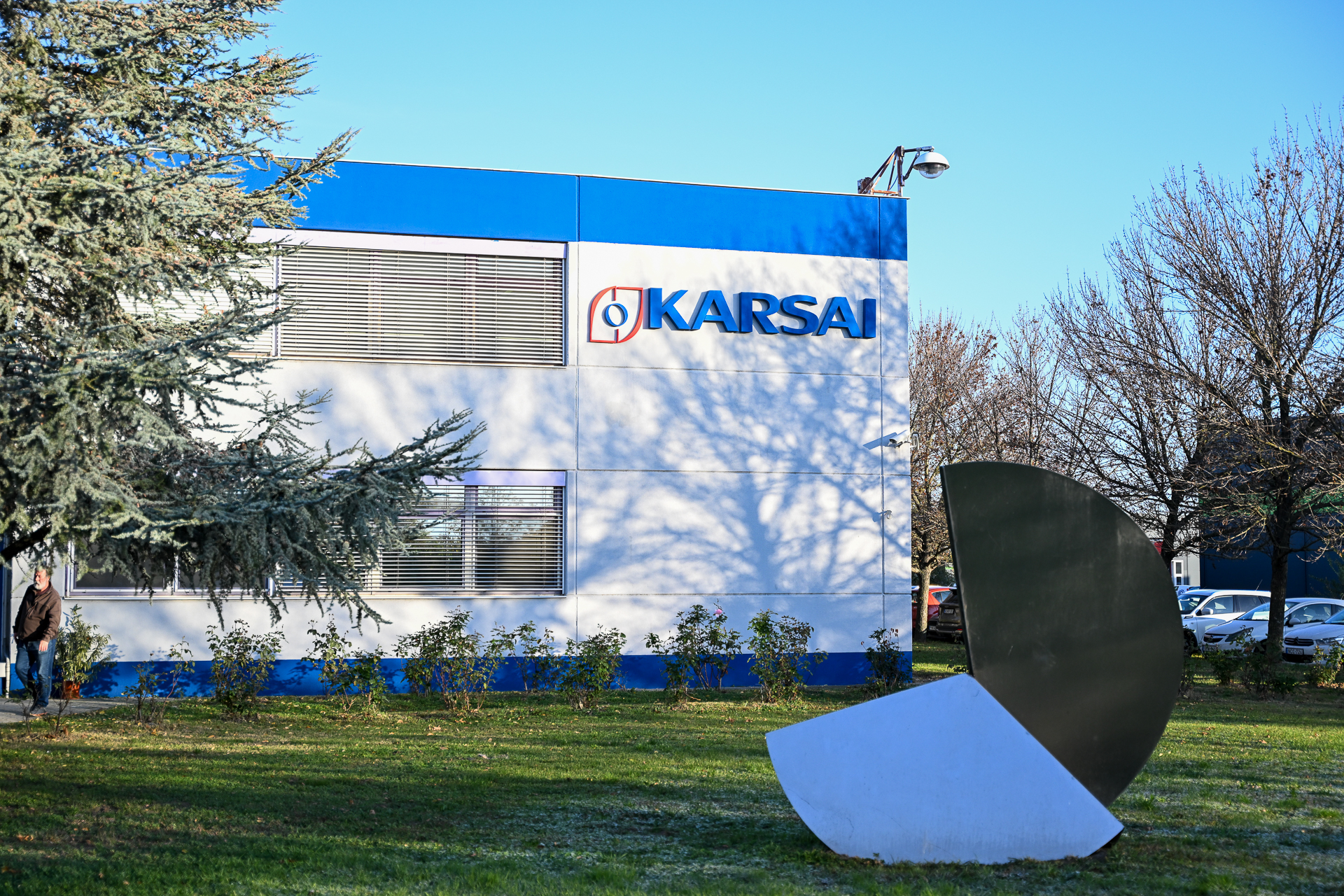
The plant aims to produce 300 large-scale labs in the first year, but this could increase to 1,000 in a few years.Continue reading

Hungary is advancing its medical device manufacturing industry, focusing on vulnerabilities exposed by the COVID-19 pandemic. The government aims to build national self-reliance in healthcare by investing heavily in domestic production, ensuring preparedness for future crises with local access to essential equipment.
A recent investment in Karsai Alba Ltd. demonstrates this approach. At the factory’s opening in Székesfehérvár (central Hungary), Minister of Foreign Affairs and Trade Péter Szijjártó highlighted the value of supporting Hungarian companies that strengthen national resilience. Karsai Alba Ltd., a Hungarian-owned firm, has set up a facility to manufacture laboratory and medical equipment with government support.
The project represents a total investment of over EUR 10.2M (HUF 4B), with a EUR 1.86M (HUF 730M) government contribution, creating 37 jobs.
This investment is part of a broader trend of government-backed projects aimed at reinforcing Hungary’s strategic industries.
A magyar tulajdonú Karsai Alba vállalat labortechnikai és orvostechnikai eszközöket előállító gyárat hozott…
Közzétette: Szijjártó Péter – 2024. november 4., hétfő
Minister Szijjártó noted that the company is the 1,103rd Hungarian company to receive such support over the last decade. Altogether, Hungarian businesses have invested EUR 6.1B (HUF 2,300B), with EUR 1.54B (HUF 580B) in government funding, resulting in over 13,000 new jobs and safeguarding over 150,000.
Fejér County, where Karsai Alba Ltd. is based, has particularly benefited from government incentives, with local companies receiving EUR 3.5B (HUF 1,320B) in state-supported investments.
This focus on medical manufacturing aligns with Hungary’s aim of self-sufficiency in key sectors. Péter Szijjártó noted that the production of medical equipment has expanded rapidly since the pandemic, employing 13,000 people nationwide. The sector’s output has increased by 70 percent since COVID-19 pandemic. More growth is anticipated in the near future.
The drive for self-sufficiency is both economic and strategic. The Minister emphasized the need for Hungary to control critical resources, especially in crisis situations. Around 90 percent of the sector’s revenue is export-driven, indicating strong international competitiveness.
However, the government stresses the importance of retaining Hungarian ownership in this strategic sector, envisioning a future where Hungarian companies are prominent players in healthcare manufacturing.
Reflecting on the pandemic, Mr. Szijjártó cited the severe supply chain disruptions faced by even well-prepared countries, highlighting Hungary’s need for proactive measures to secure essential supplies if new pandemics arise. Early COVID-19 pandemic shortages underscored the urgency of robust domestic production capabilities, with Hungary aiming to prevent similar issues in future crises.
The investments in medical devices boost capacity while promoting resilience. Projects like Karsai Alba Ltd.’s new plant signal a commitment to self-sufficiency and preparedness. Szijjártó’s comments affirm Hungary’s vision: strengthening industries today secures the nation’s health and economic stability tomorrow.
Via MTI; Featured Image: Facebook / Fejér Vármegyei Kormányhivatal